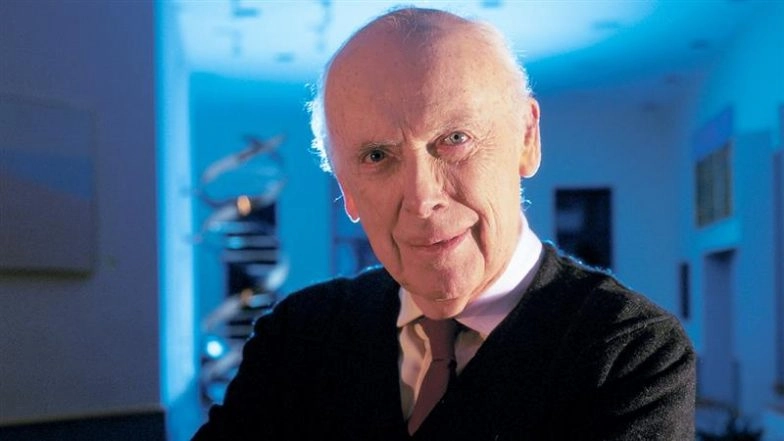Nobel Laureate James D Watson, DNA Pioneer, Dies at 97
James D Watson, the Nobel Prize-winning scientist who co-discovered the double-helix structure of DNA, has passed away at age 97. The Cold Spring Harbor Laboratory confirmed his death, marking the end of an era for modern genetics.
Key Takeaways
- Co-discovered DNA’s double-helix structure with Francis Crick in 1953
- Awarded Nobel Prize in Physiology or Medicine in 1962
- Transformed Cold Spring Harbor Laboratory into world-leading research center
- Helped launch Human Genome Project in 1990
Who Was James D Watson?
Born in Chicago on April 6, 1928, James Dewey Watson was a pioneering molecular biologist whose work reshaped modern science. He earned his Bachelor’s degree in Zoology from the University of Chicago at just 19 and completed his PhD under Nobel laureate Salvador Luria at Indiana University.
In 1951, while at Cambridge University’s Cavendish Laboratory, Watson met British physicist Francis Crick. Their collaboration led to one of science’s greatest breakthroughs – the discovery of DNA’s double-helix structure in 1953.
The DNA Discovery That Changed Science
Watson and Crick’s groundbreaking work revealed how genetic information is stored and transmitted. Using X-ray diffraction data from Rosalind Franklin and Maurice Wilkins, they determined DNA consists of two intertwined strands forming a spiral structure.
Their 1953 Nature paper explained how DNA replicates through base pairing – adenine with thymine, and guanine with cytosine. This discovery provided the molecular basis for heredity and launched the fields of genetic engineering and biotechnology.
Later Career and Legacy
After his Nobel Prize achievement, Watson joined Harvard University in 1956 and later became director of Cold Spring Harbor Laboratory, transforming it into a global leader in molecular biology and cancer research.
He helped initiate the Human Genome Project in 1990 but resigned two years later over ethical concerns about gene patenting. Watson was married to Elizabeth Lewis, with whom he had two sons – Rufus and Duncan, the latter following his father into scientific research.
Despite his monumental scientific contributions, Watson’s later years were marked by controversy over his comments on genetics and race. Nevertheless, his DNA discovery remains one of the most significant scientific achievements of the 20th century.




